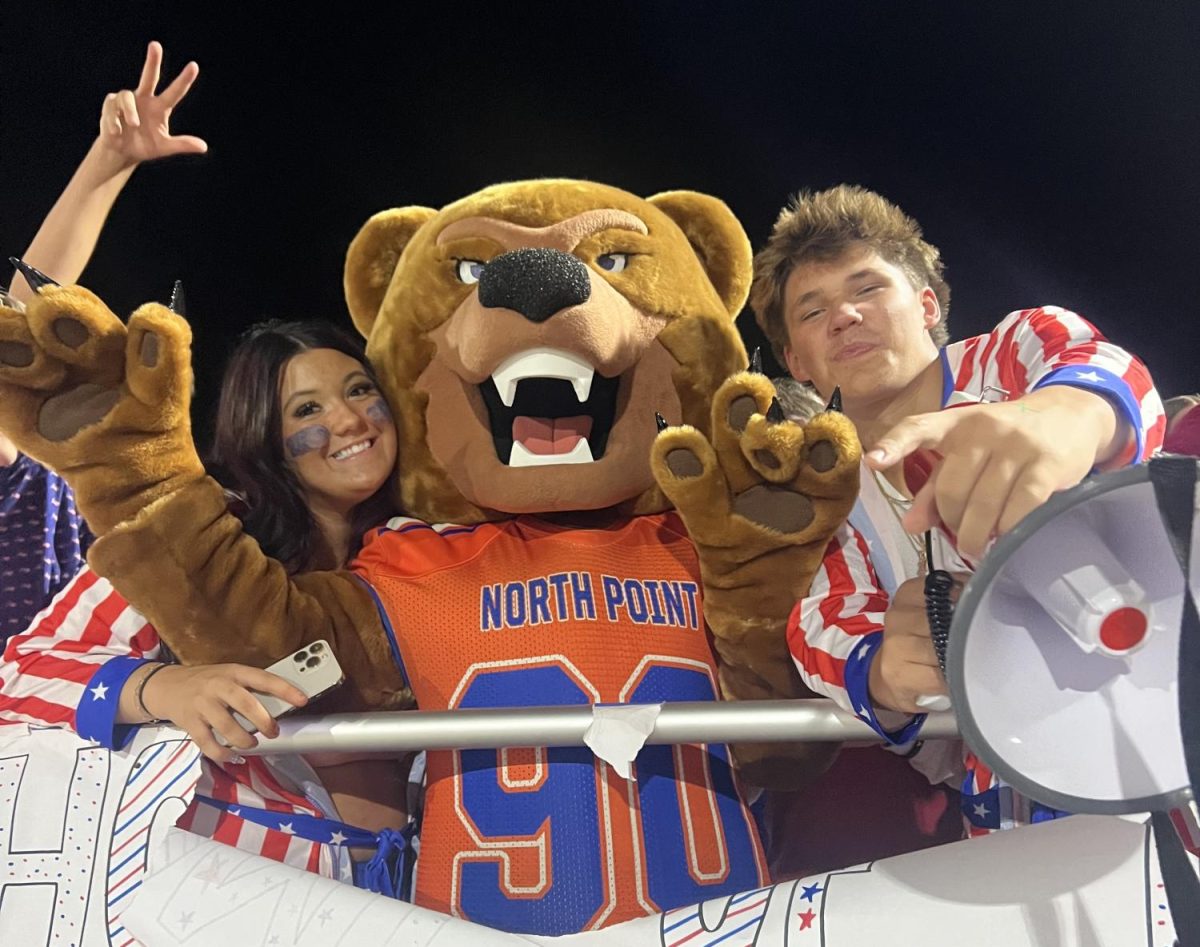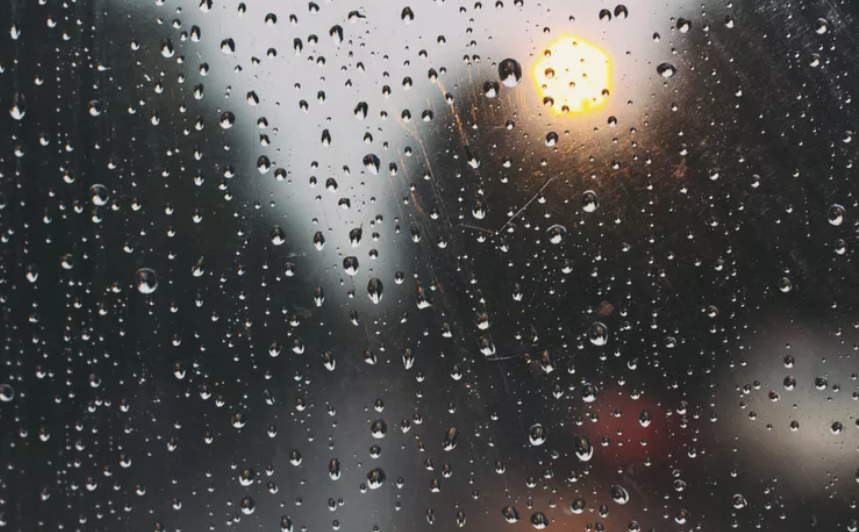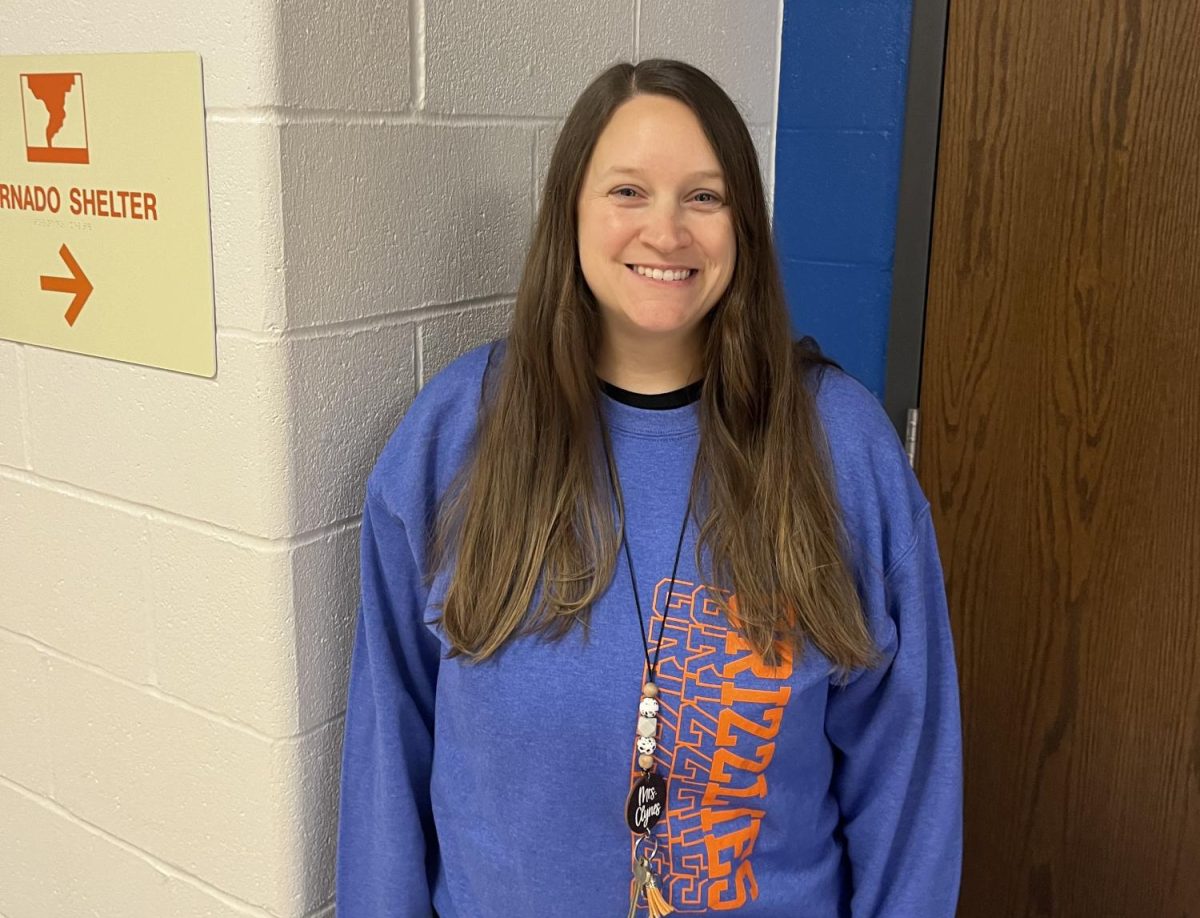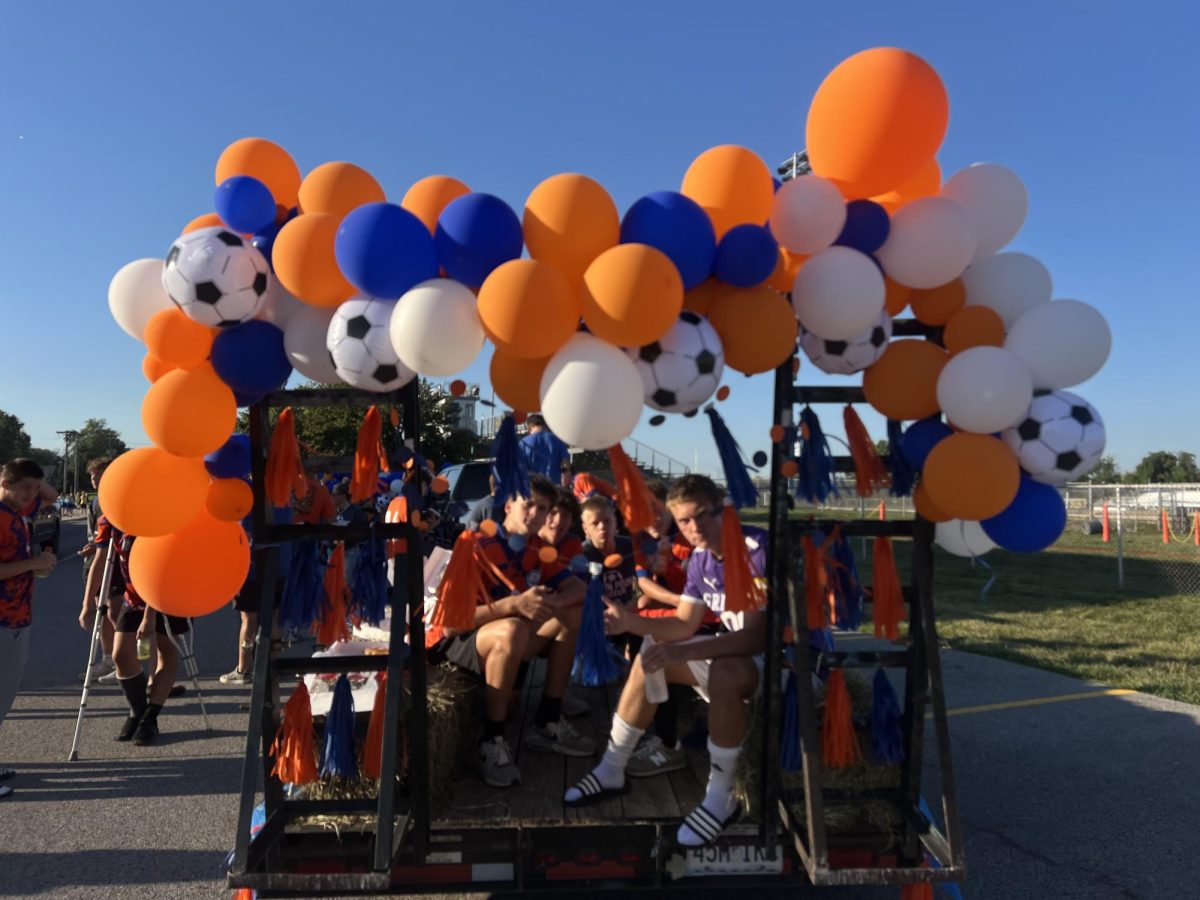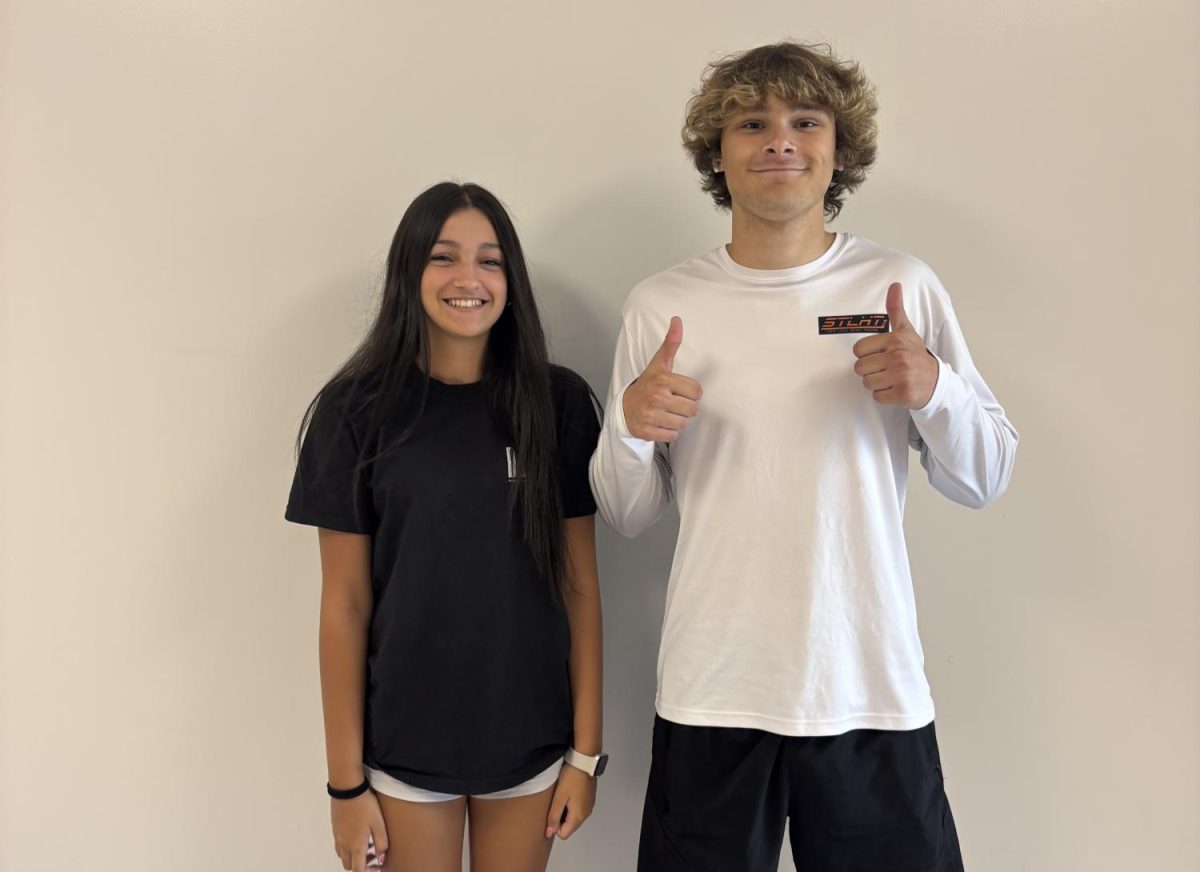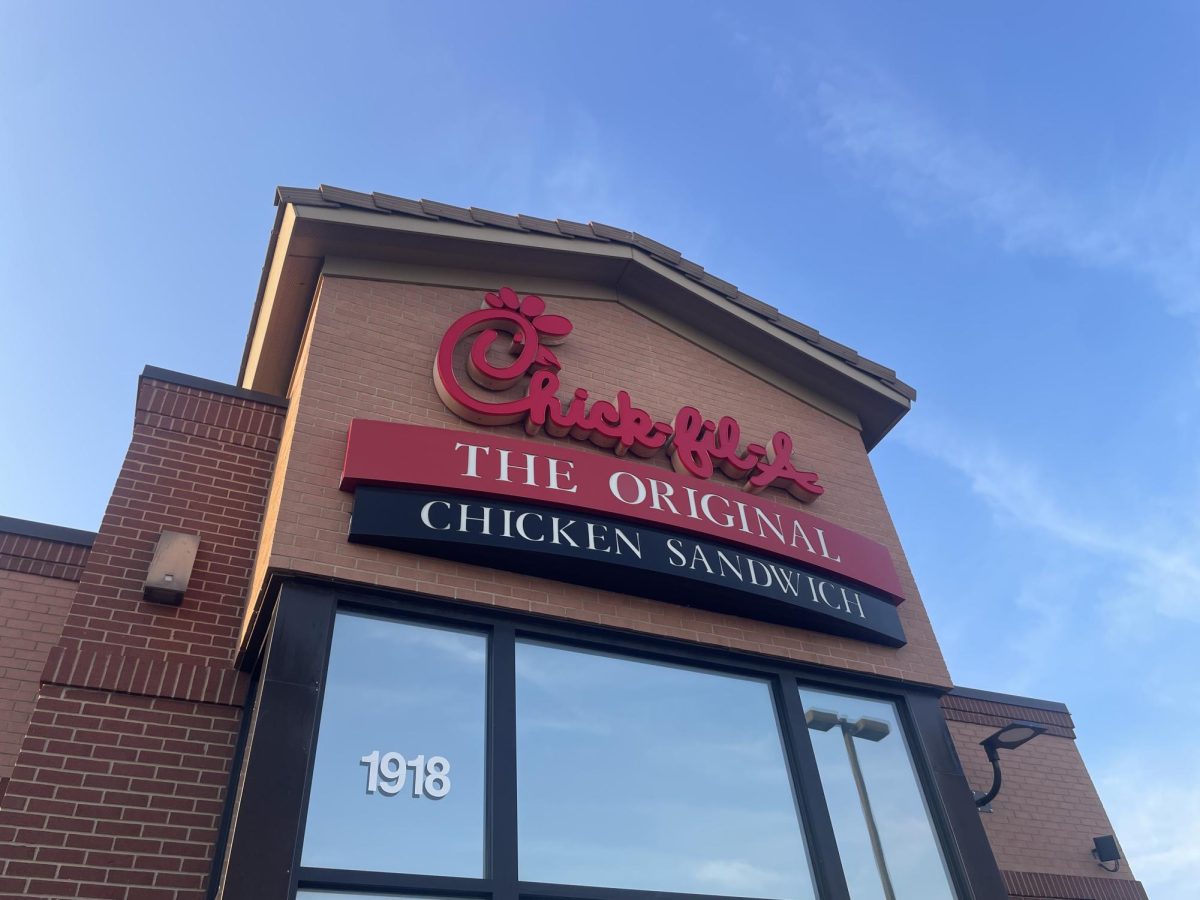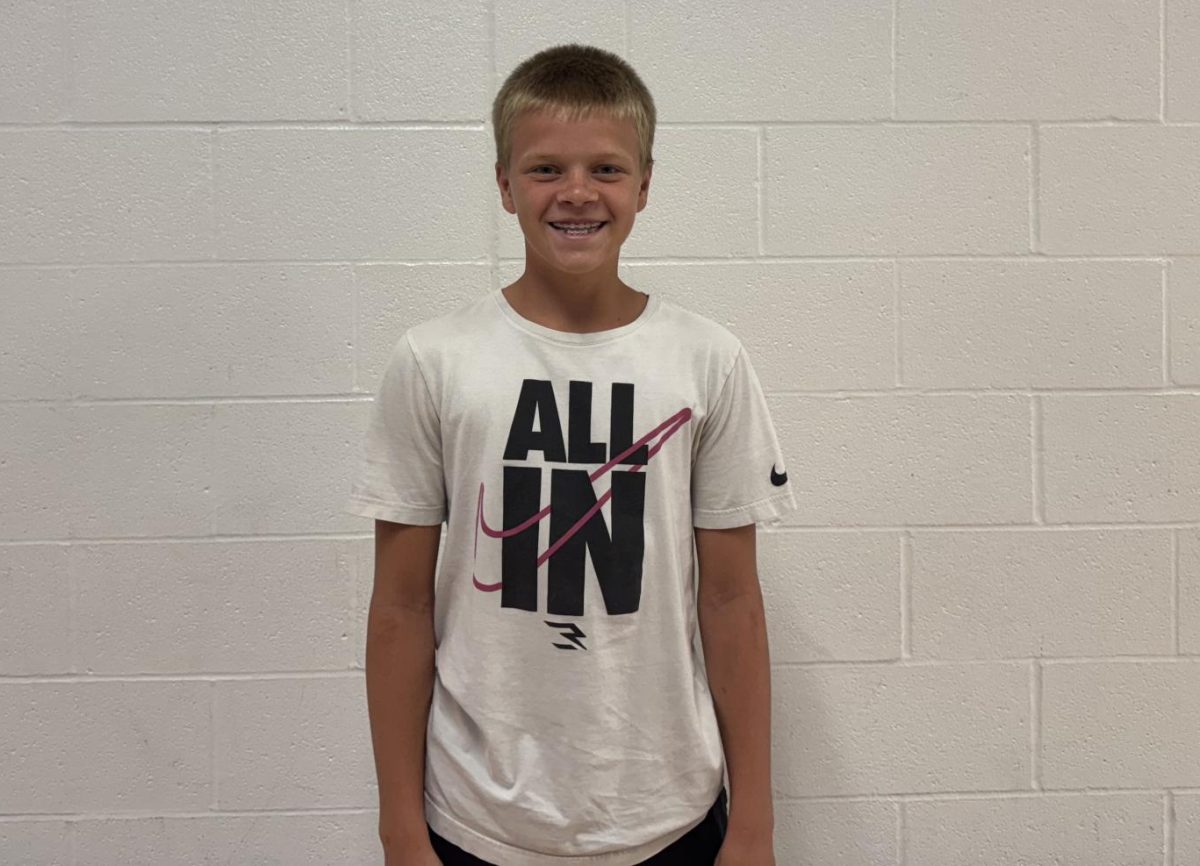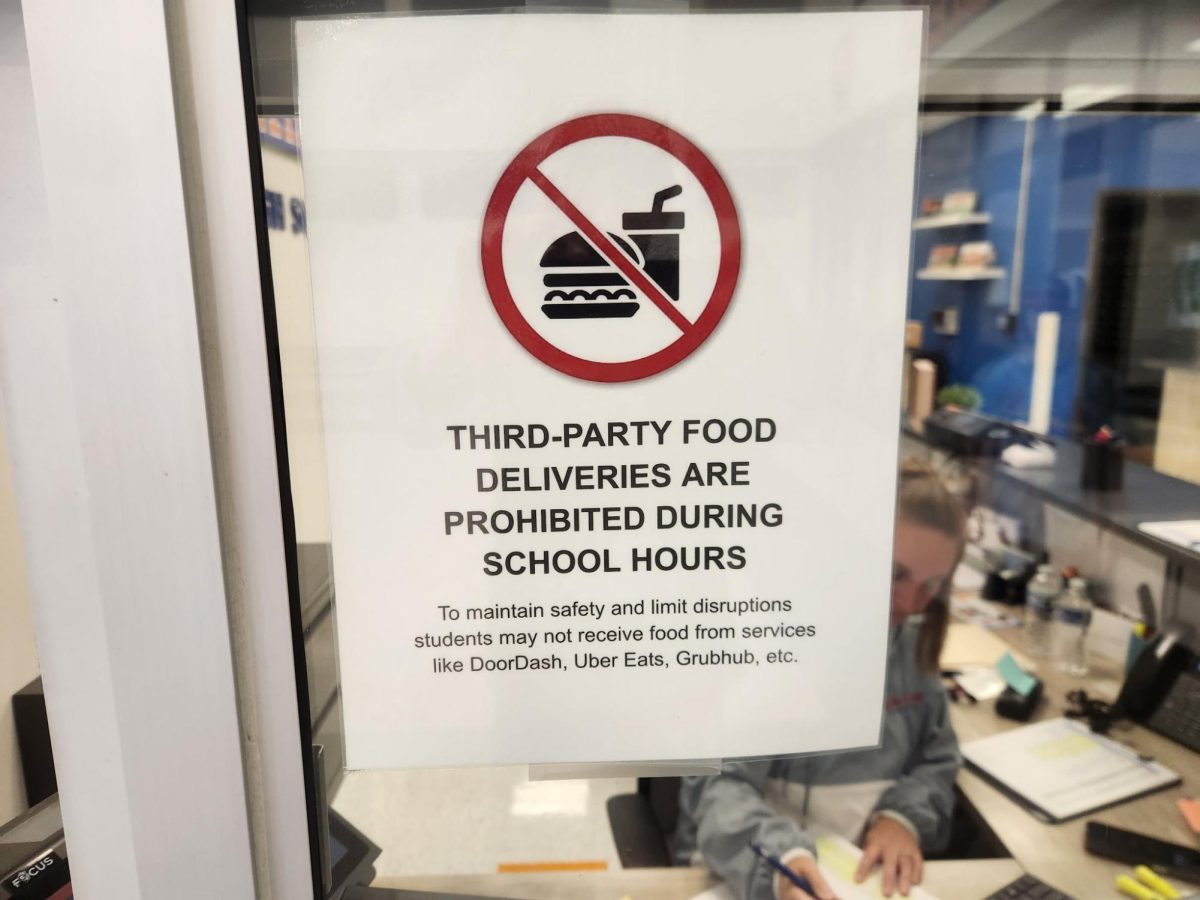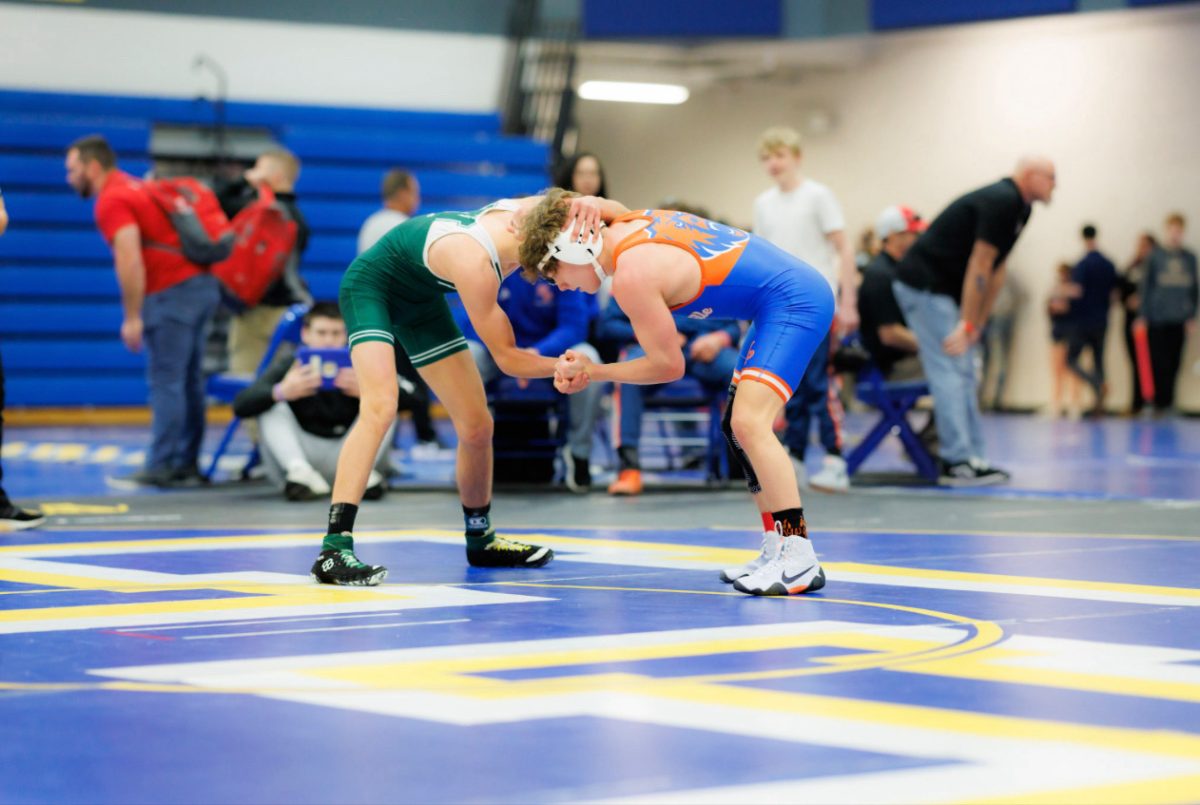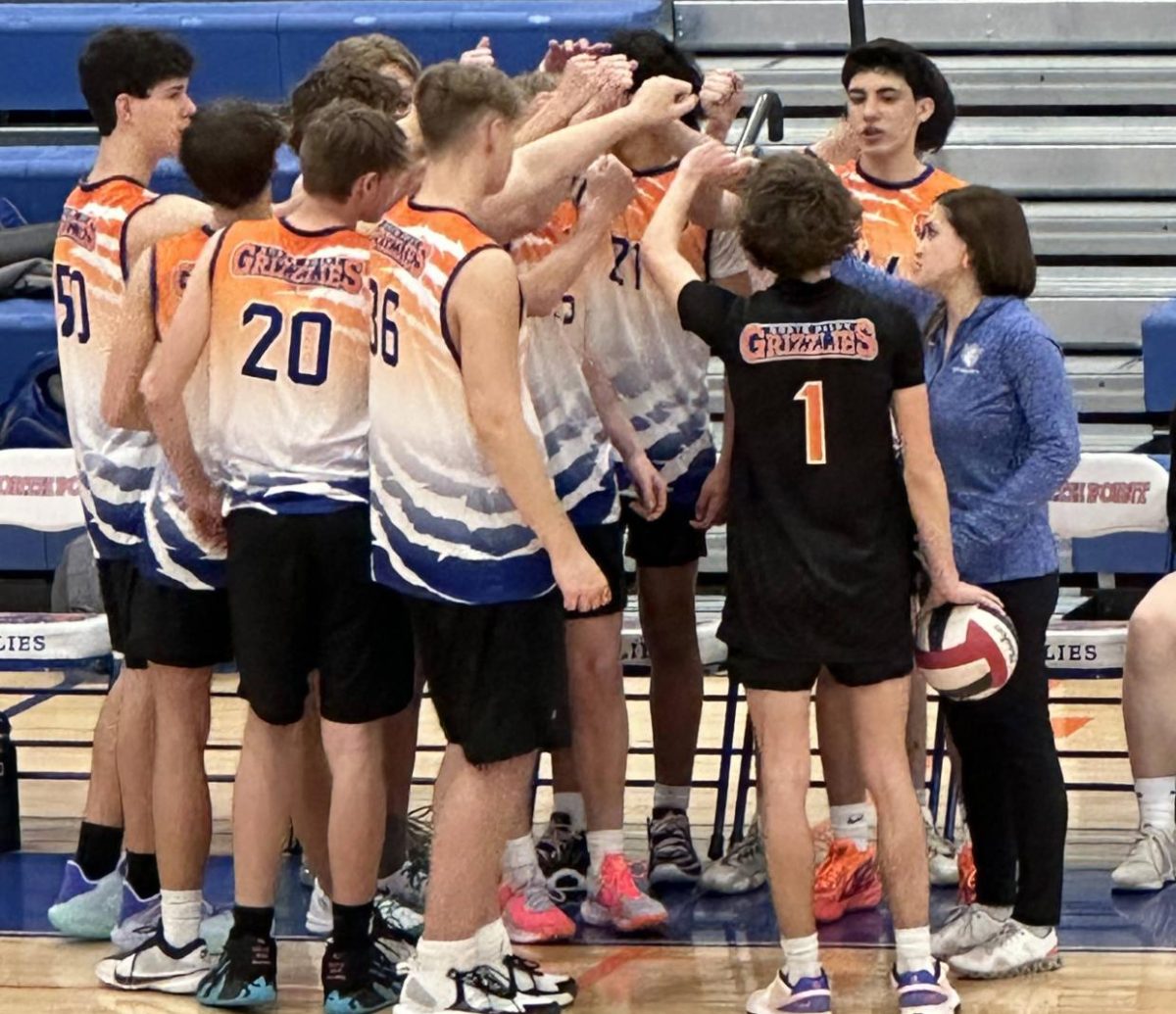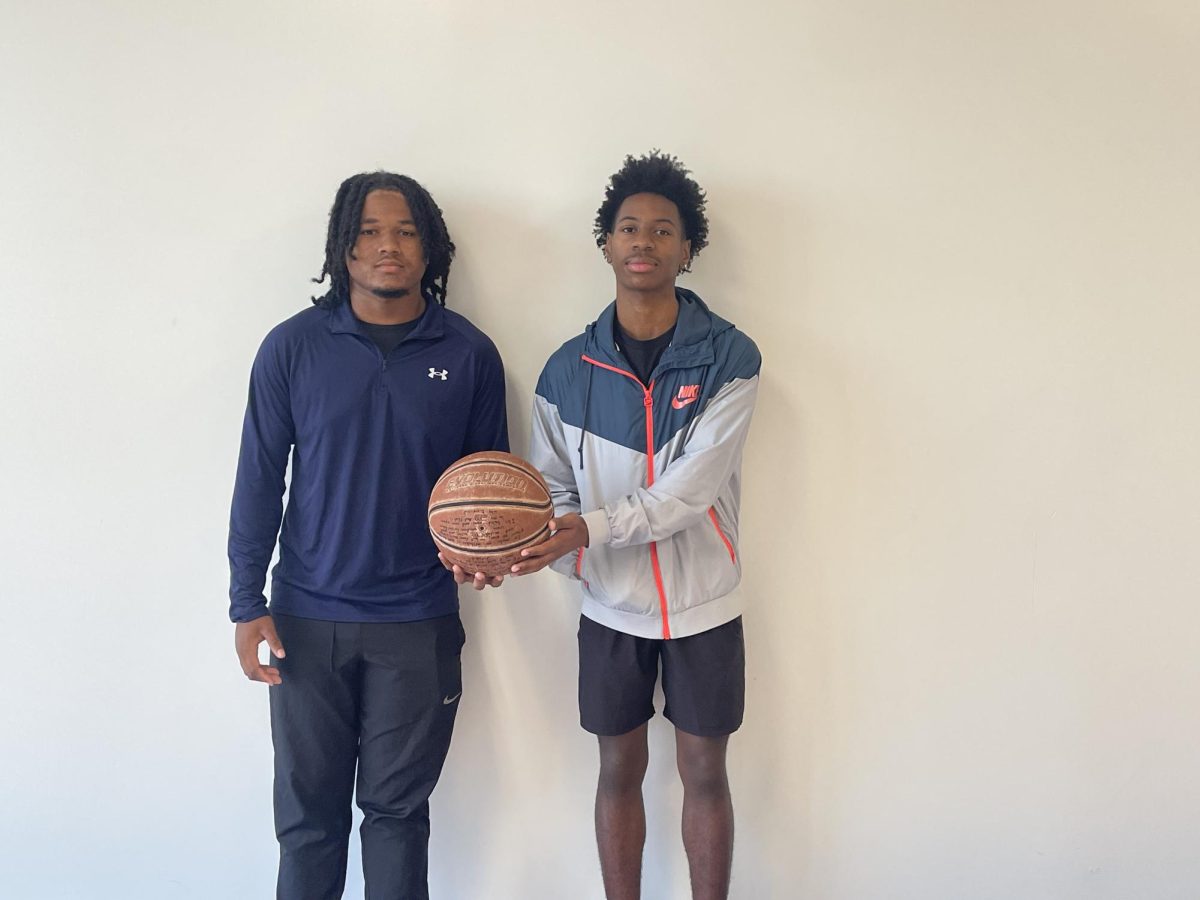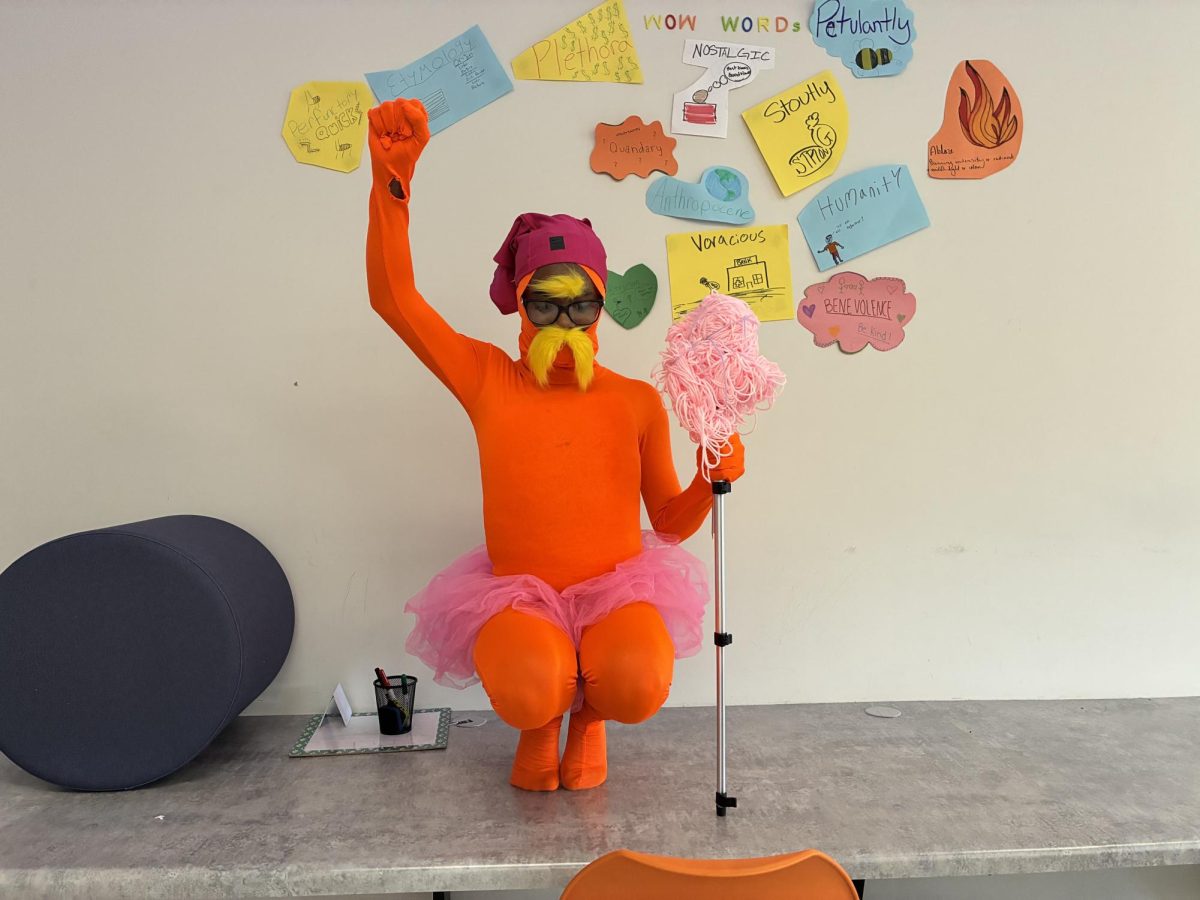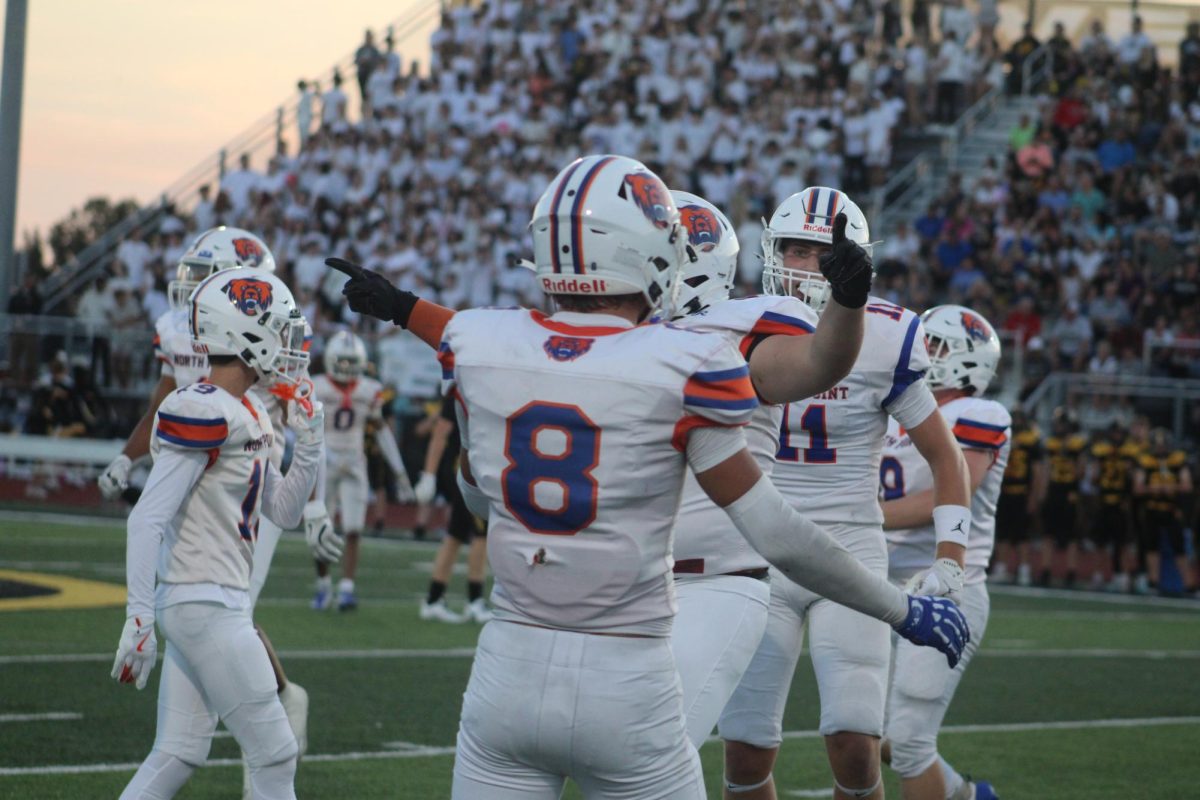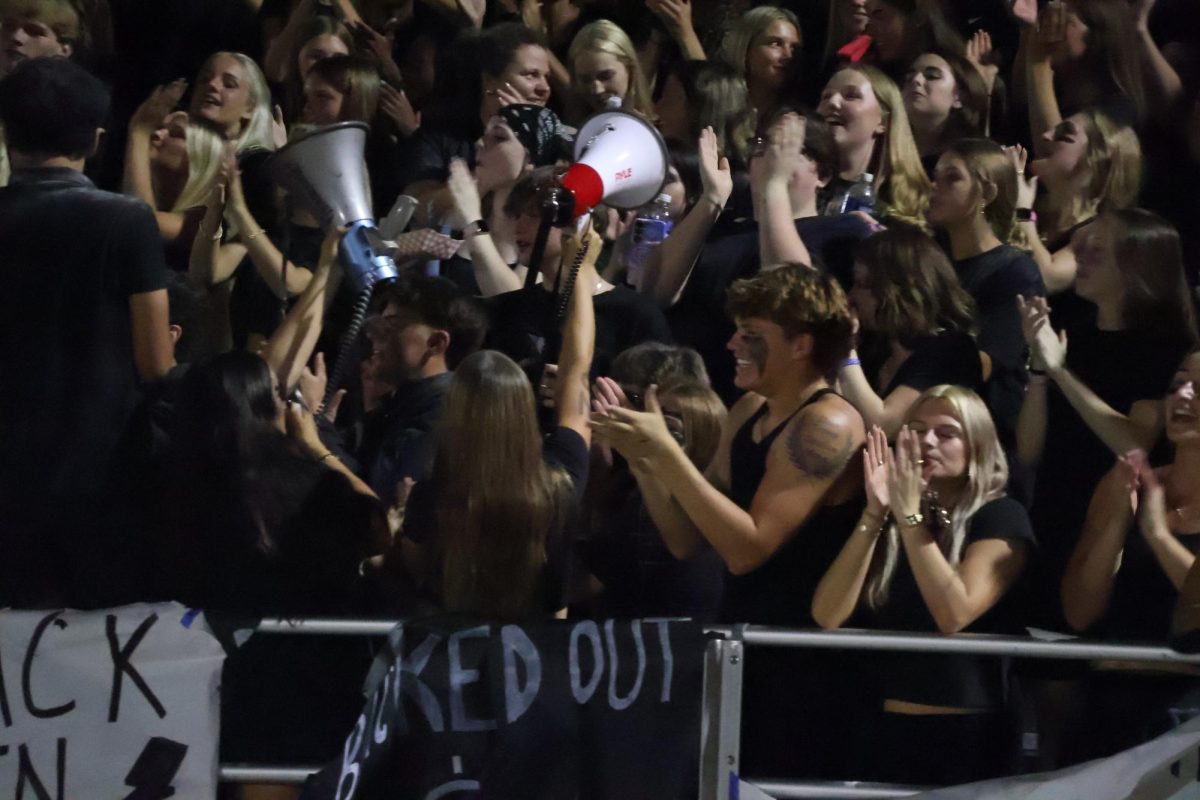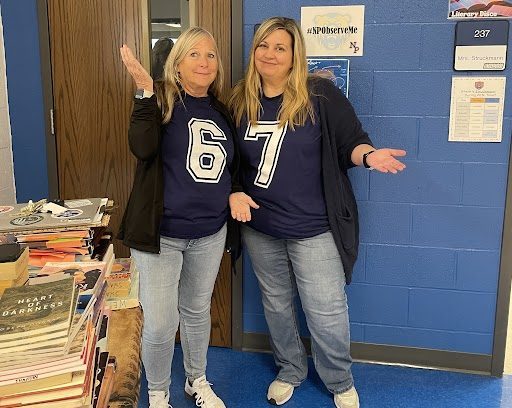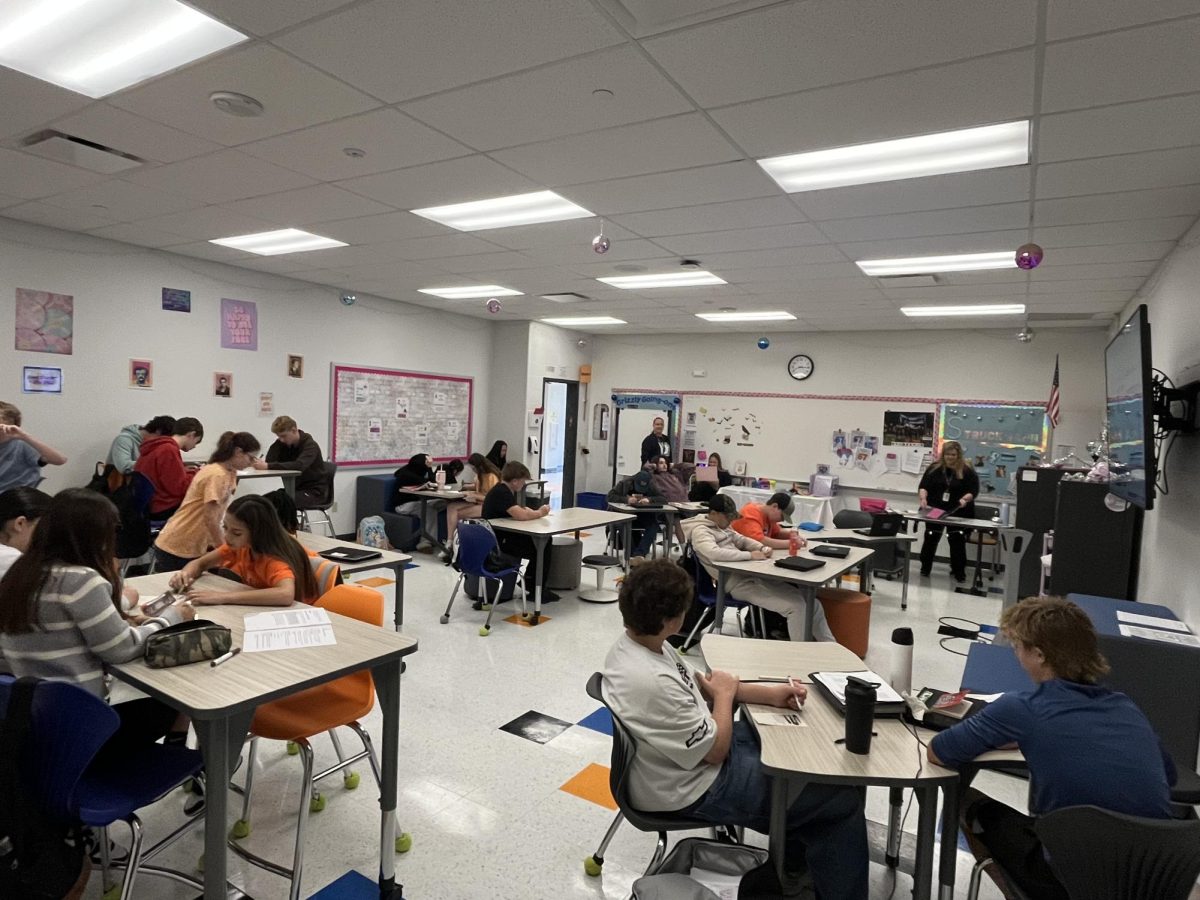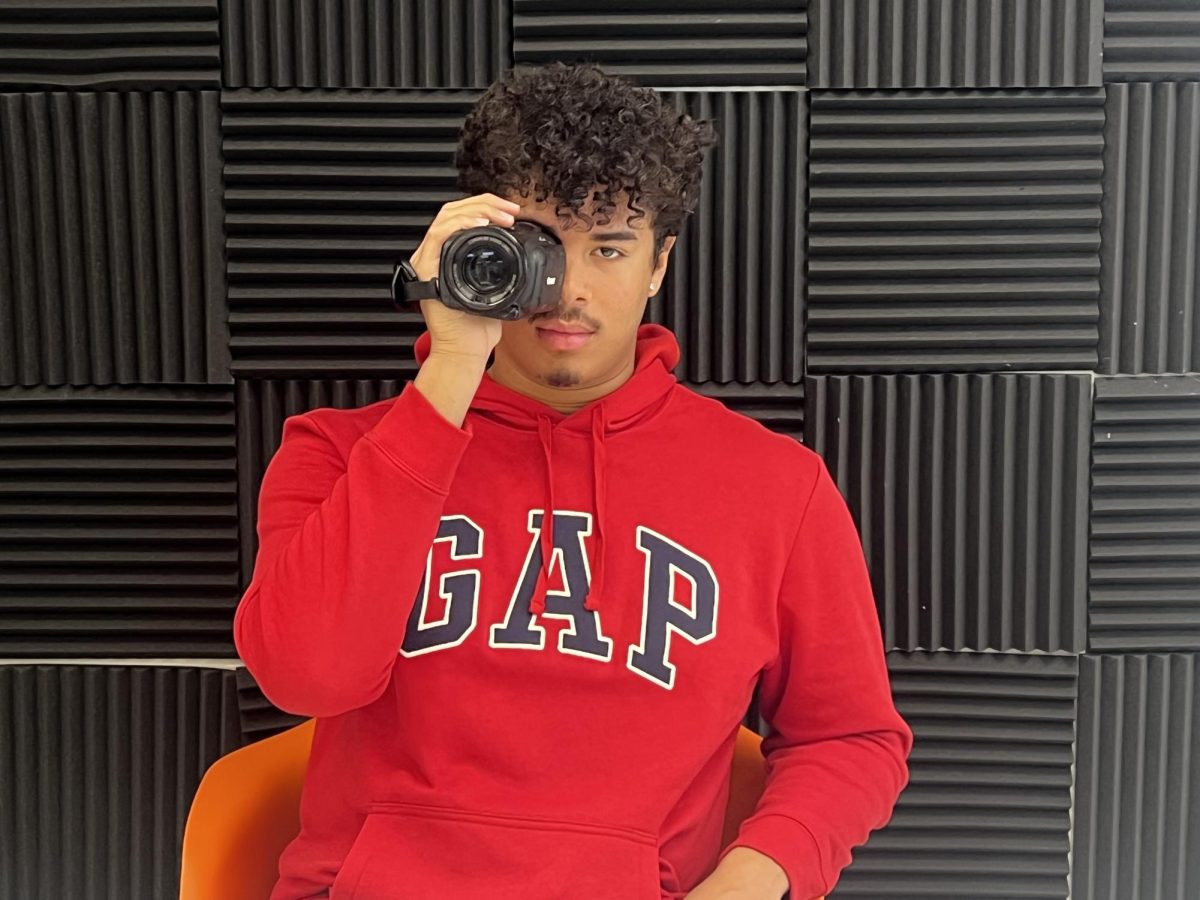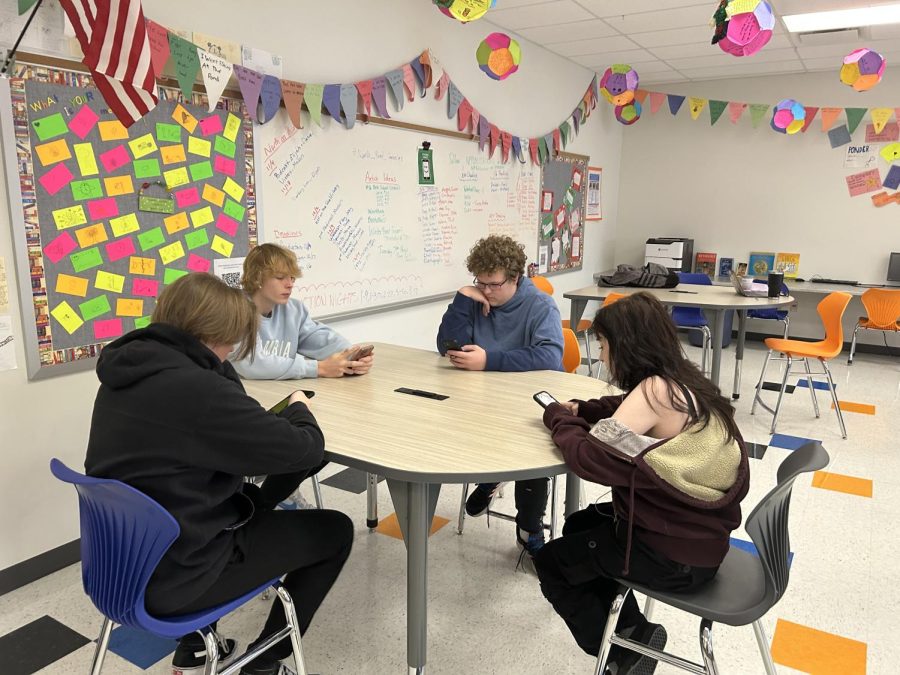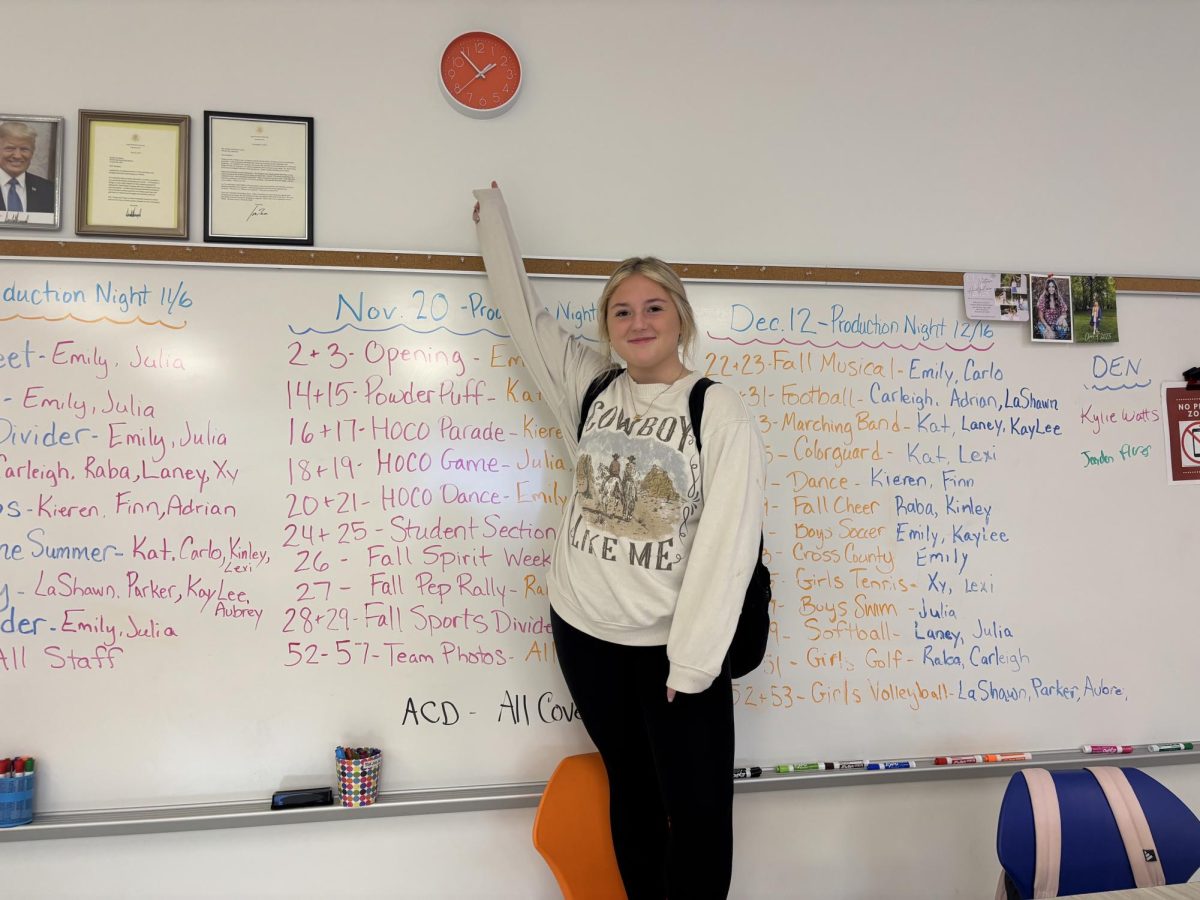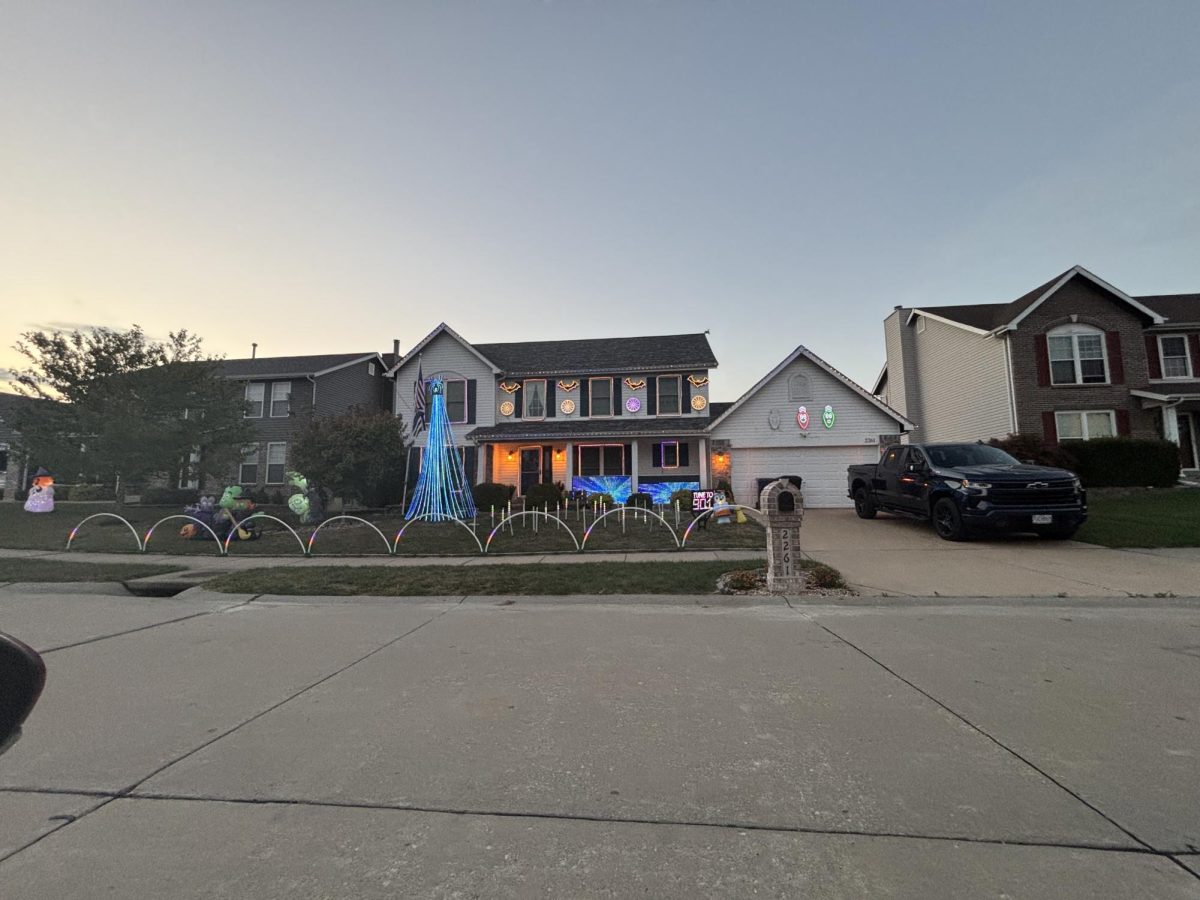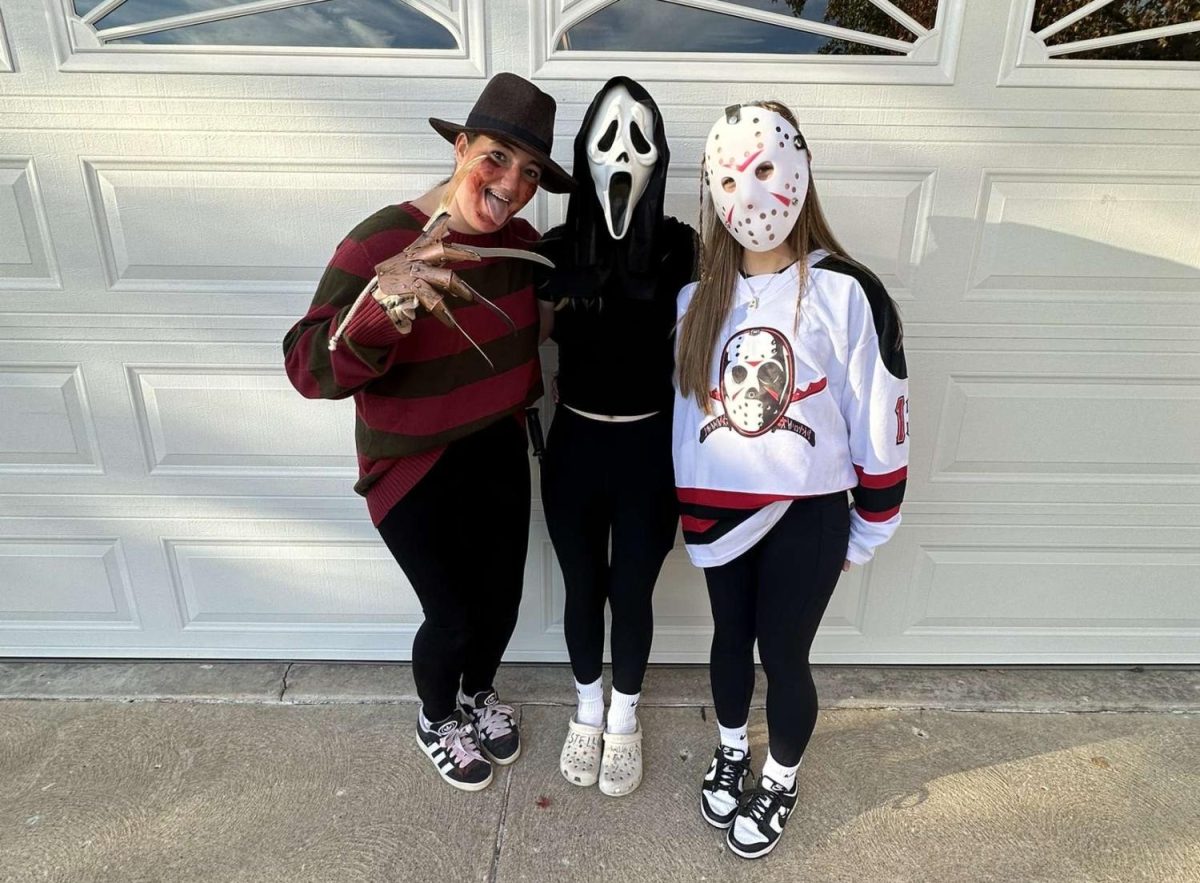Negative Effects of Social Media
Many students are addicted to social media apps and get distracted
December 12, 2022
The human species is a sociable animal. To prosper in life, we require the company of others, and the quality of our relationships has a significant bearing on both our mental health and enjoyment. Social interaction with others has been shown to reduce stress, anxiety, and depression, improve self-esteem, bring comfort and joy, prevent loneliness, and even lengthen life. On the other hand, a lack of solid social ties can seriously jeopardize your mental and emotional well-being.
“Social media can be a very anxiety industry because social standards are everywhere,” Jada Davis (‘23) said. “It makes me feel like I do not meet these requirements.”
Many people around the globe now use social media sites like Facebook, Twitter, Snapchat, YouTube, and Instagram to communicate with one another. While each has advantages, it’s crucial to keep in mind that social media can never fully replace in-person interactions with people. The hormones that reduce stress and make you feel happier, healthier, and more optimistic are only released when you are in direct physical contact with other people. Ironically, social media, which is meant to bring people together, can really make you feel more alone and isolated and aggravate mental health issues like anxiety and depression if you spend too much time using it.
“I think it can make you feel alone because if you’re not on social media it’s like you don’t exist,” Addison Nutt (‘26) said. “However, what people post is not always who you are and it’s almost like if you’re not doing anything that is not post worthy, you’re boring.”
It could be time to reevaluate your online behaviors and achieve a healthy balance if you’re using social media excessively and experience melancholy, dissatisfaction, frustration, or loneliness. Sometimes people make quick judgments about people based on their social media.
“I feel like people can judge people easily through a screen,” McKenna Randell (‘24) said.
Social media has its ups and downs, but unfortunately, it’s used for its downs most of the time due to people being behind the screen and being able to say what they want without consequences for their actions.

